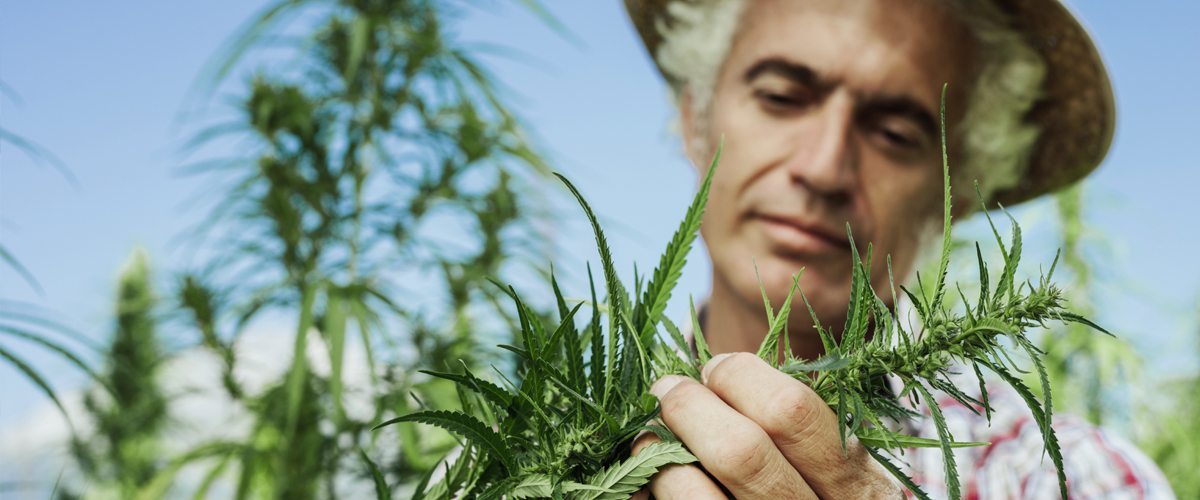A new study has found that, unlike alcohol consumption, using marijuana causes a reduction in aggressive tendencies.
Marijuana decreases aggressiveness tendencies, according to a new study published in Psychopharmacology. Researchers from Maastricht University in The Netherlands used a subjective 100-point scale and blood testosterone and cortisol levels to measure the aggressiveness effects of both alcohol and marijuana.
In the study, a group of 20 heavy alcohol users received a single dose of alcohol (until their blood alcohol level measured 0.08), 21 regular cannabis users vaporized a single dose of cannabis (300 micrograms of THC per kilogram of bodyweight), and 20 subjects consumed neither to serve as placebo.
All three groups then underwent tests, including the point-subtraction aggression paradigm, in which the subjects played a computer game against an adversary where they were told they could win money, and the single category implicit association test, in which subjects matched positive and negative words to photos depicting aggressive behavior. Aggressiveness was then subjectively measured with a self-scored 100-point scale. Testosterone and cortisol levels were recorded to serve as secondary outcome measures.
Led by Eliza de Sousa Fernandes Perna, the researchers found that there was no difference in aggression level for any of the three groups prior to alcohol or cannabis use. However, following alcohol and cannabis use, aggression levels increased in the alcohol group, whereas aggression levels decreased in the cannabis group, compared to the control group. The researchers found no correlation in aggression levels and changes in testosterone and cortisol levels.
“It is concluded that alcohol facilitates feelings of aggression whereas cannabis diminishes aggressive feelings in heavy alcohol and regular cannabis users, respectively,” the researchers concluded.
Previous research has suggested a link between cannabis use and an absence of aggression. One study that examined psychiatric emergency room patients found that cannabis being found in urine toxicology was not associated with aggressive behavior. In another, which examined patients in a South African psychiatric unit found that, “[cannabis] appeared to diminish the action of alcohol, and may inhibit urges toward violence and rape in aggressive persons and psychopaths.” A third, examining the temperamental characteristics among chronic cannabis users, found that, “Compared with controls, cannabis takers were low on submissiveness, impulsiveness and negativism.”
Findings suggest that it’s cannabis’s relationship with CB1 receptors that causes this reduction in aggression. Cannabinoids found in cannabis interact directly with CB1 receptors, which are heavily present in the brain, and a study found that mice lacking CB1 receptors showed higher levels of aggression.
Last year a study found marijuana to be less dangerous than both alcohol and tobacco. In a report that compared the potential of death from various drugs and substances like alcohol and cigarettes, marijuana was found by far to be the safest. According to the National Council on Alcoholism and Drug Dependence, Inc., alcohol has been found to be a factor in roughly 40 percent of violent crimes.
While alcohol use is legal for adults 21 and older in the United States, marijuana continues to be federally illegal, although four states and Washington D.C. have passed adult use legislation and 25 states and Washington D.C. have adopted medical marijuana laws. Cannabis products derived from hemp, however, are legal to consume and possess in all 50 U.S. states.






